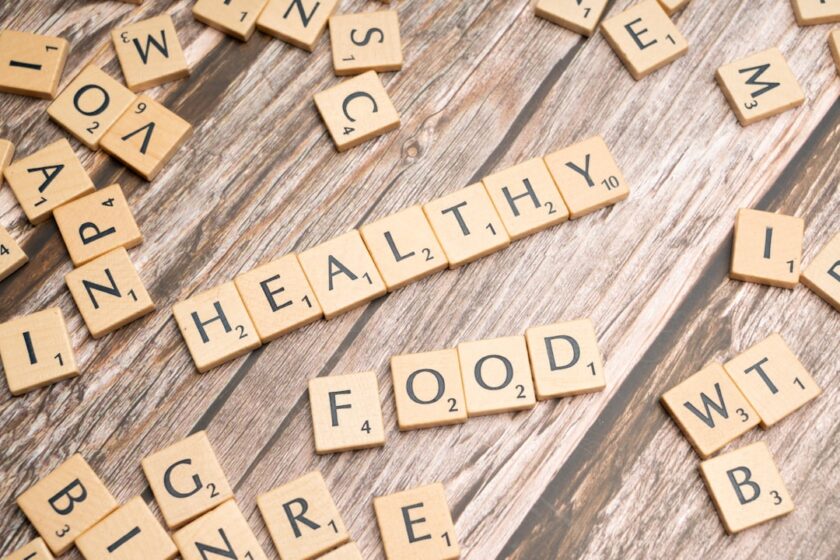The Importance of Hydration: Your Ultimate Guide to Staying Hydrated
Hydration is a fundamental aspect of human health, yet many people overlook its importance. Water is essential for virtually every function in the body, from regulating temperature to supporting cellular processes. In this guide, we will delve into the significance of hydration, the effects of dehydration, and practical tips for maintaining optimal hydration levels.
Why Hydration Matters
Water constitutes about 60% of the human body, making hydration crucial for maintaining health. Here are several key reasons why staying hydrated is important:
- Regulates Body Temperature: Adequate hydration helps regulate body temperature through sweat production.
- Supports Nutrient Transportation: Water is essential for transporting nutrients and oxygen to cells, helping maintain energy levels.
- Facilitates Digestion: Proper hydration aids digestion and assists in the absorption of nutrients, preventing issues like constipation.
- Promotes Healthy Skin: Hydrated skin is more elastic, reducing the appearance of wrinkles and dryness.
- Enhances Physical Performance: Dehydration can impair strength, endurance, and overall physical performance.
Effects of Dehydration
Dehydration can occur when the body loses more fluids than it takes in. This condition can have various effects, including:
- Mild Symptoms: Thirst, dry mouth, decreased urine output, and fatigue.
- Moderate Symptoms: Headaches, dizziness, and difficulty concentrating.
- Severe Symptoms: Rapid heartbeat, low blood pressure, and confusion, which can be life-threatening.
Understanding these effects is crucial for recognizing the importance of hydration in your daily life. Even slight dehydration can impact your cognitive functions and physical capabilities.
How Much Water Do You Need?
The amount of water each person needs can vary based on factors such as age, weight, activity level, and climate. A general guideline is to aim for:
- About 3.7 liters (or about 13 cups) for men.
- About 2.7 liters (or about 9 cups) for women.
However, individual needs can differ. It’s essential to listen to your body and adjust your intake based on your activity level and environmental conditions.
Signs You Need to Hydrate
It’s crucial to be aware of the signs of dehydration in order to stay on top of your hydration needs. Here are some indicators:
- Thirst
- Dry, sticky mouth
- Dark yellow urine
- Fatigue and lethargy
- Dry skin or skin that does not bounce back when pinched
If you are experiencing any of these symptoms, it’s a signal to increase your water intake.
Hydration Tips for Daily Life
Incorporating hydration into your daily routine can be simple and enjoyable. Here are some effective strategies to ensure you meet your hydration goals:
1. Carry a Water Bottle
Having a reusable water bottle on hand can serve as a constant reminder to drink water throughout the day.
2. Set Hydration Reminders
Using smartphone apps or setting alarms can help you remember to drink water at regular intervals.
3. Include Hydrating Foods
Certain foods can contribute to your daily hydration. Consider adding the following hydrating foods to your diet:
- Cucumbers
- Watermelon
- Strawberries
- Cantaloupe
- Celery
4. Flavor Your Water
If you find plain water unappealing, try adding natural flavorings such as lemon, cucumber, or mint leaves.
5. Monitor Your Urine Color
Keeping an eye on the color of your urine can be a quick way to check your hydration status. Aim for a light yellow color.
Hydration and Physical Activity
For those who exercise regularly, understanding hydration is especially critical:
- Pre-Workout: Drink water before exercising to ensure you start hydrated.
- During Exercise: Aim to drink about 7 to 10 ounces of water every 10 to 20 minutes during workouts.
- Post-Workout: Rehydrate after exercise to replenish lost fluids.
Staying hydrated can enhance your athletic performance and aid recovery, making it an essential consideration for athletes and fitness enthusiasts.
Common Myths About Hydration
There are several myths surrounding hydration that can lead to confusion. Here are a few to clarify:
- Myth: You can only hydrate with water.
- Truth: While water is excellent for hydration, beverages like herbal teas, and foods such as fruits and vegetables also contribute.
- Myth: Thirst is a reliable indicator of hydration needs.
- Truth: By the time you feel thirsty, your body may already be mildly dehydrated.
Conclusion
Hydration is vital for overall health and well-being. Whether you’re looking to improve your physical performance, enhance your cognitive abilities, or simply maintain good health, understanding and prioritizing hydration is essential. Monitor your water intake, recognize the signs of dehydration, and implement daily habits that support your hydration needs. Start today by making a conscious effort to drink more water and explore hydrating foods for a healthier future!



